5 Medical Cannabis Strains That Can be Used to Treat PTSD
FloridaMarijuana.net
JULY 8, 2018
When the body is defensive against trauma or illness, this system begins to fail, resulting in physical, mental and/or neurological conditions. Cannabis offers significant therapeutic benefits for a wide range of medical conditions. The study has received full approval from the FDA, DEA, and Institutional Review Boards (IRBs).


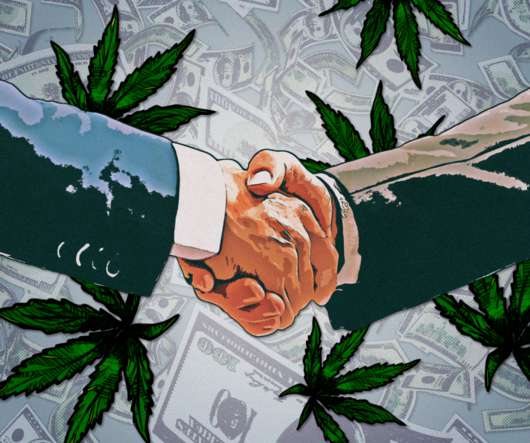

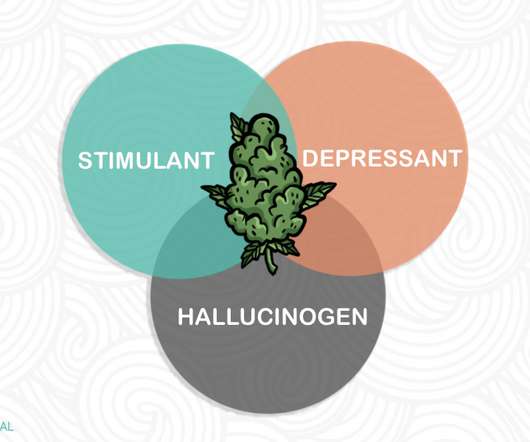
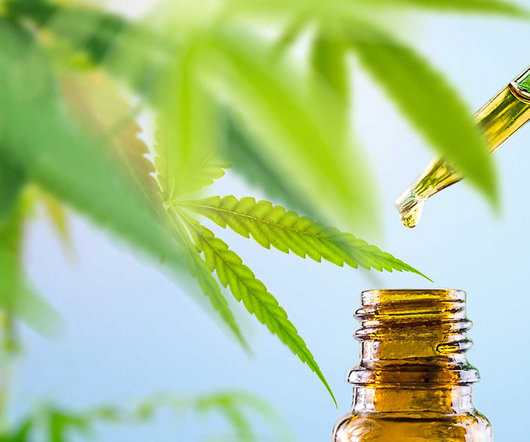


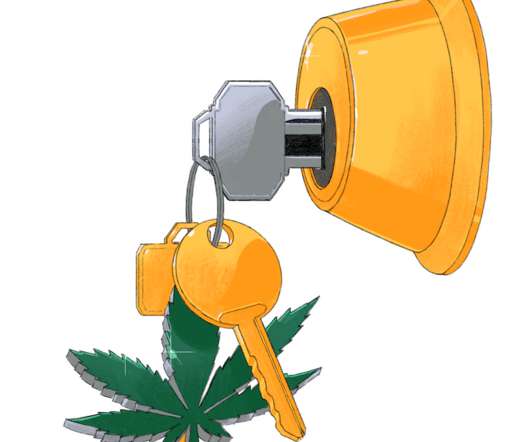




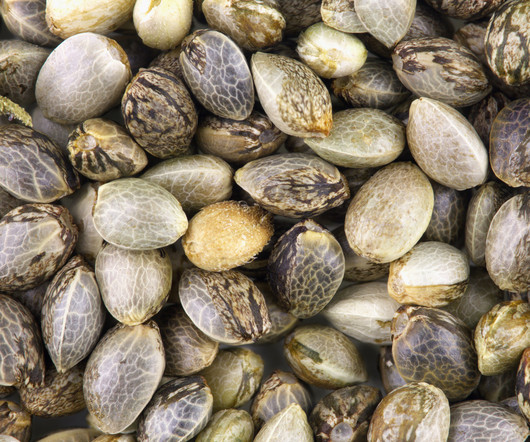








Let's personalize your content